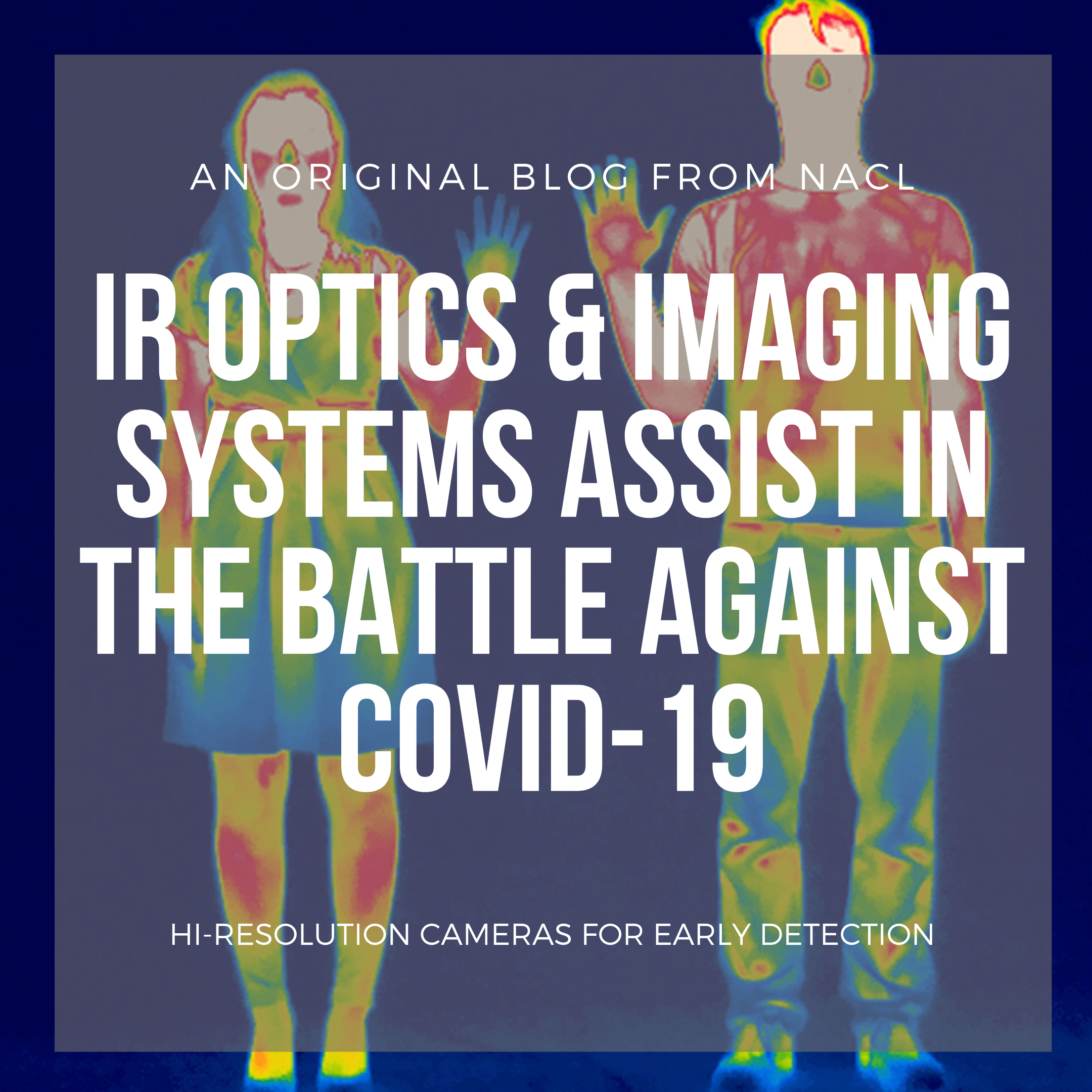COVID-19 has changed daily life around the world, and with a vaccine optimistically forecasted for clinical release in early 2021, one of the biggest aids in early detection of asymptomatic virus carriers has been the use of thermal imaging for rapid temperature detection.
According to the Center for Disease Control, employers should perform a measurement of their employee’s temperatures and assess symptoms prior to them starting work each day. As this process can be time-consuming, thermal imaging is an ideal technology. Because thermal imaging utilizes a non-contact camera to detect hot zones or infrared energy (heat) emitted from a person this measurement can be quickly fed to a screener to then records the person’s temperature. Assuming that the person is fever free and does not have any symptoms of note, they may enter a facility. With the use of a thermal imaging system, this process can be touchless, and performed very quickly with a high degree of accuracy.
Although thermal imaging cannot 100% clearly spot a virus or an infection, it can accurately detect elevated body temperatures and identify small changes in the heat with an accuracy of +/-2° Celsius. So, although thermal imaging cannot detect the virus, a person scanned with an IR camera that is showing to have a high body temperature could be immediately pulled aside for additional screening for a virus or infection.
High-resolution infrared cameras have been in use for years in public arenas, mass transportation terminals, security-based businesses, and in many military facilities. Because these cameras have been in place for so long, the addition of many more to battle COVID-19 may not be seen as intrusive to privacy sensitive individuals. One thing is for certain, any effective first line of defense for rapidly identifying potentially infected individuals will rely on thermal imaging cameras.
As these technologies become more and more accepted for use, the need for coated optics will continue to expand while IR companies continue to roll out new faster and more efficient systems. If you would like more information on NACL’s wide array of offerings for IR materials please contact us now at 866-216-6225, or on our website through our contact us form.






